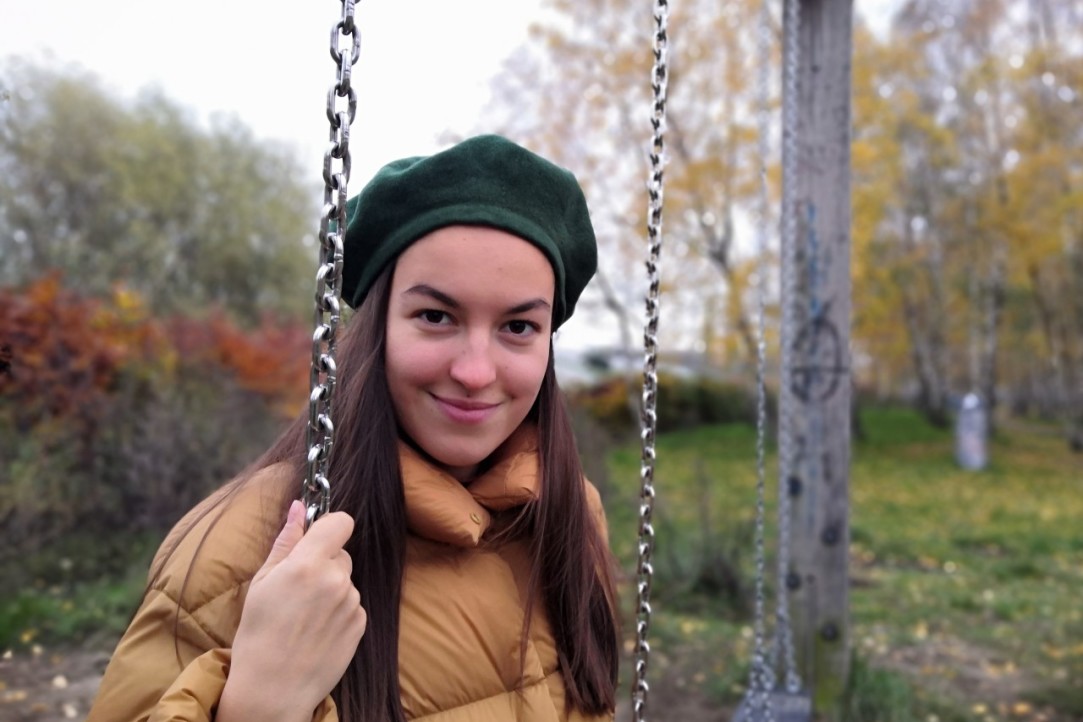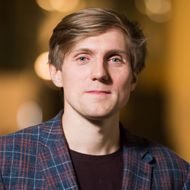
В старых версиях браузеров сайт может отображаться некорректно. Для оптимальной работы с сайтом рекомендуем воспользоваться современным браузером.
✖
- A
- A
- A
- ABC
- ABC
- ABC
- А
- А
- А
- А
- А
Regular version of the site
ФКН
- HSE University
- Faculties
- Faculty of Computer Science
- Big Data and Information Retrieval School
- News
- Tag "Faculty of Computer Science"
-
The School
-
Departments
Administrations
Department Head
–
Evgeny Sokolov

Deputy Head
–
Artem Maksaev
+7 495 772-9590
27342

Manager
–
Оруджева Альбина Александровна
+7 495 772-9590
27334
Article
V.L. Chernyshev, Tolchennikov A.
Russian Journal of Mathematical Physics. 2017. Vol. 24. No. 3. P. 290-298.
Book chapter
Vereshchagin N., Milovanov A.
In bk.: 32nd Computational Complexity Conference. Вадерн: Schloss Dagstuhl – Leibniz-Zentrum für Informatik, Dagstuhl Publishing, 2017. P. 1-18.
Working paper
Figurnov M., Collins M. D., Zhu Y. et al.
arXiv:1612.02297. arXiv. Cornell University, 2016
Tag "Faculty of Computer Science" – News



October 28, 2022

.jpg)
February 12, 2018
- About
- About
- Key Figures & Facts
- Faculties & Departments
- International Partnerships
- Faculty & Staff
- HSE Buildings
- Public Enquiries
- Studies
- Admissions
- Programme Catalogue
- Undergraduate
- Graduate
- Exchange Programmes
- Summer University
- Summer Schools
- Semester in Moscow
- Business Internship
-
https://elearning.hse.ru/en/mooc/
Massive Open Online Courses
-
https://www.hse.ru/en/visual/
HSE Site for the Visually Impaired
-
http://5top100.com/
Russian Academic Excellence Project 5-100
- © HSE University 1993–2024 Contacts Copyright Privacy Policy Site Map
- Edit
